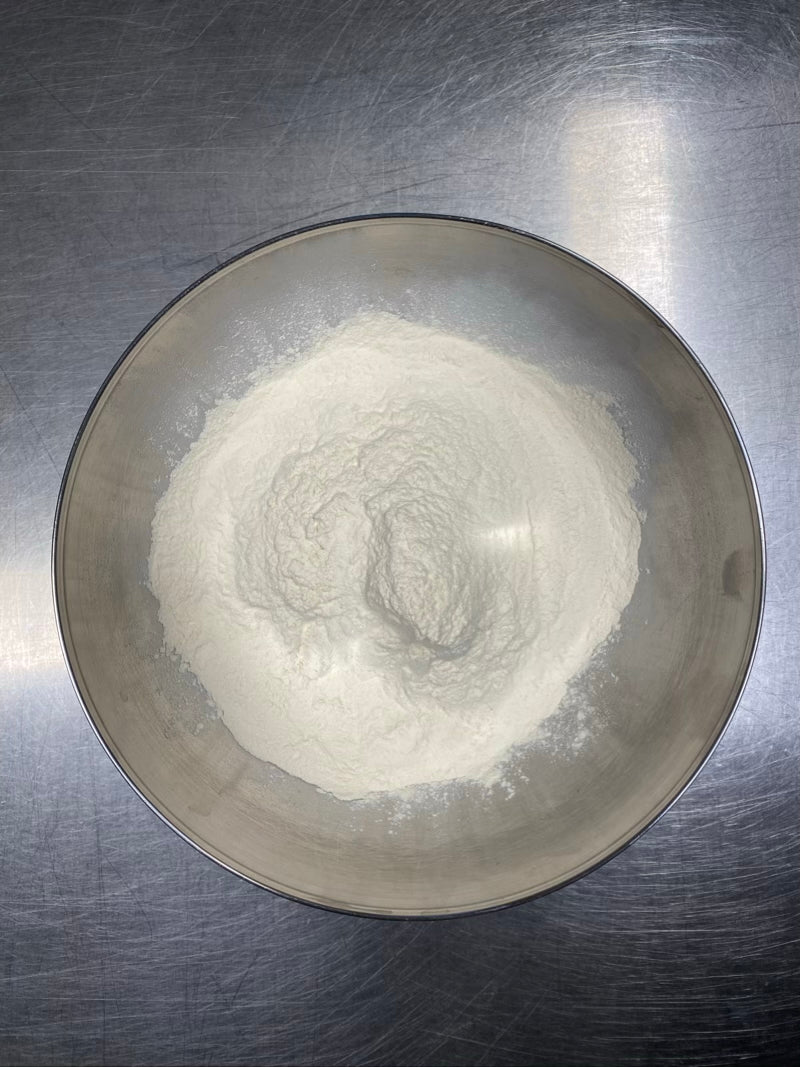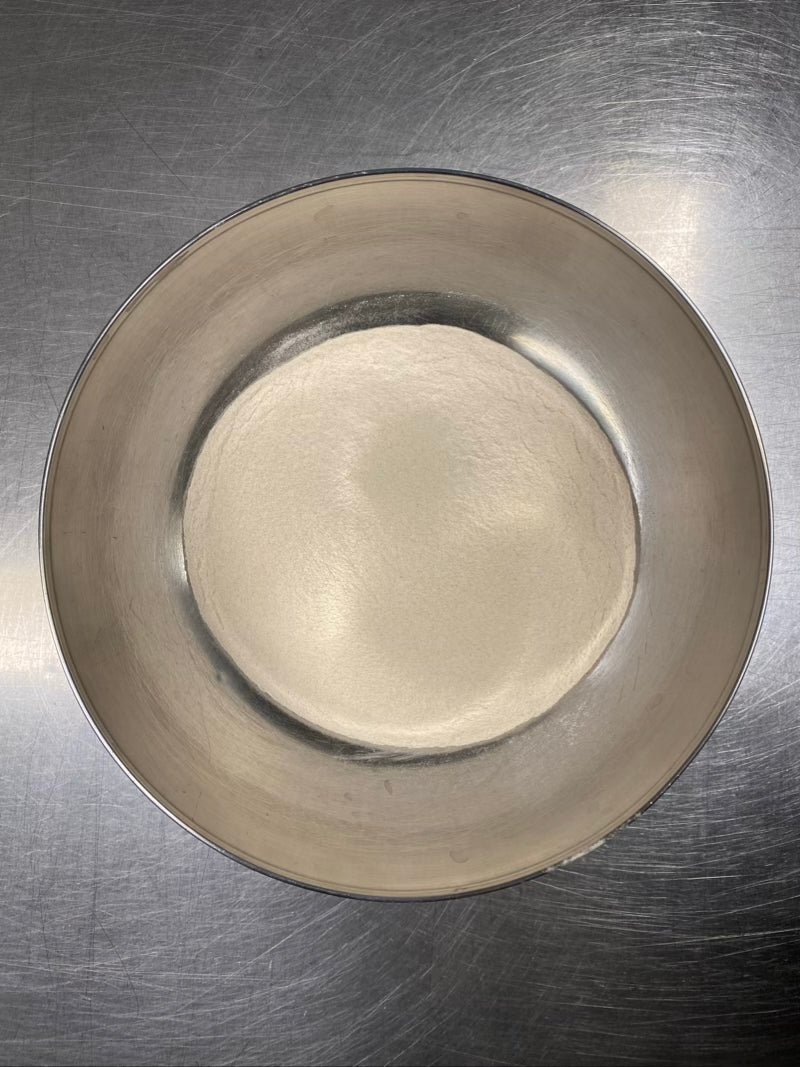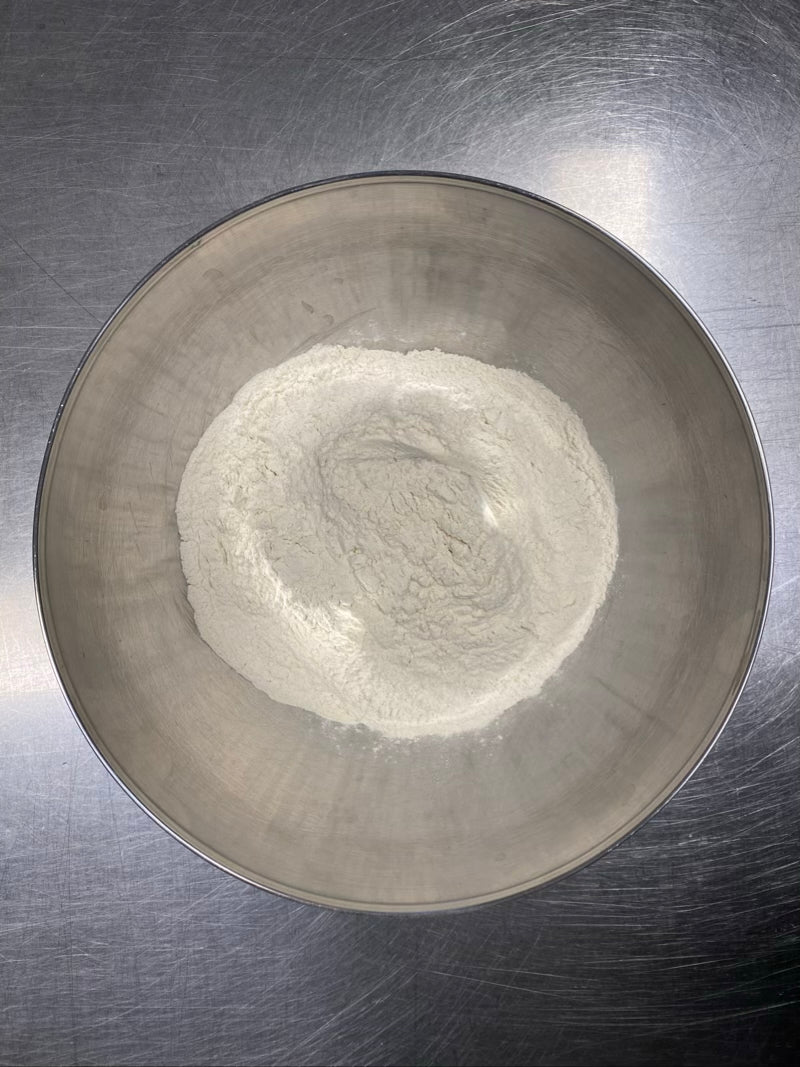The gluten-free diet

For whom it is essential:
• People with celiac disease: For those who suffer from celiac disease, an autoimmune disease in which gluten damages the small intestine, following a gluten-free diet is essential to avoid the symptoms and complications associated with the disease.
• People with non-celiac gluten sensitivity: Some people may experience symptoms similar to those of celiac disease after consuming gluten, even if they do not have celiac disease. For these people, eliminating gluten can help manage symptoms.
• People with wheat allergy: Although wheat allergy is not specifically a reaction to gluten, gluten-free products can avoid allergens found in wheat.
For whom it may not be beneficial:
• For the general population without specific gluten-related conditions: There is no scientific evidence to show that a gluten-free diet offers long-term health benefits for those who do not have celiac disease, gluten sensitivity or wheat allergy. Indeed, choosing to eliminate gluten unnecessarily can lead to a less balanced diet. Many commercial gluten-free products can be higher in sugar and fat and lower in fiber than their gluten-free counterparts.
• Risk of nutritional deficiencies: Eliminating gluten without proper planning can lead to vitamin and mineral deficiencies, as many grain products are fortified with B vitamins, iron and fiber.
In conclusion, while for some people a gluten-free diet is necessary for their health and well-being, for others it may not offer significant benefits and may even pose some risks if not managed correctly. It is always best to consult a health professional or dietitian before making significant changes to your diet, to ensure that your food choices best support your individual health.









Share:
What is celiac disease
Ego sensitivity